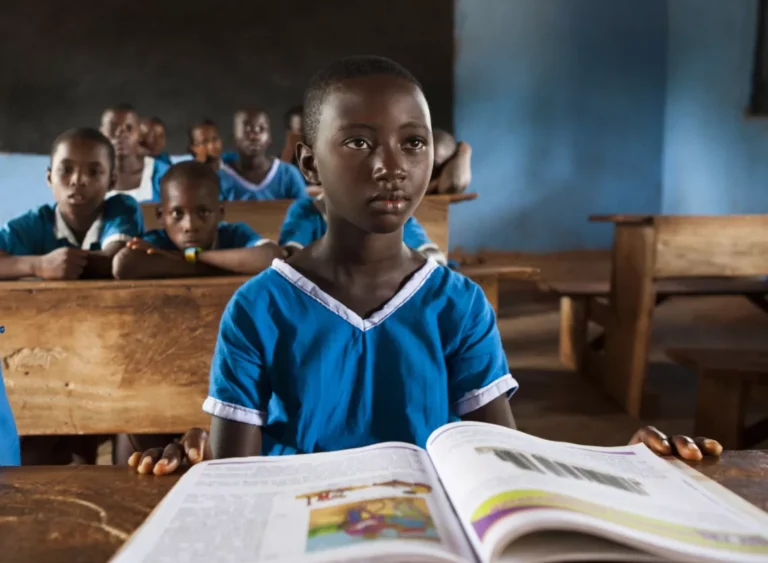Although primary education is officially free and compulsory, about 10.5 million of the country's children aged 5-14 do not attend school. Only 61 percent of children aged 6-11 regularly attend primary school, and only 35.6 percent of children aged 36-59 months receive pre-primary education.
In the north of the country, the picture is even bleaker, with a net turnout of 53 percent. Getting out-of-school children back into education is a huge challenge.
Gender, like geography and poverty, is an important factor in the pattern of educational marginalization. States in the northeast and northwest have net primary female enrollment rates of 47.7 percent and 47.3 percent, respectively, meaning more than half of girls are out of school. Educational deprivation in northern Nigeria is due to several factors, including economic barriers and socio-cultural norms and practices that discourage participation in formal education, especially for girls.



